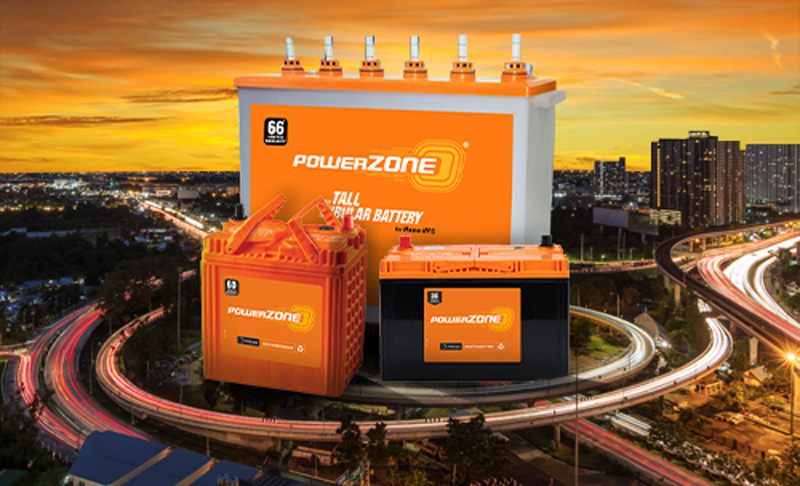In modern agriculture, farm vehicles play a crucial role in improving efficiency and productivity. From tractors and harvesters to ATVs and irrigation pumps, these machines rely on powerful and reliable batteries to function optimally. In this blog, we will explore everything you need to know about farm vehicle batteries, including types, maintenance tips, and how to choose the best one for your needs.
Types of Farm Vehicle Batteries
Farm vehicles require durable and long-lasting batteries to withstand harsh environmental conditions and heavy-duty use. The main types include:
- Lead-Acid Batteries : These are the most common and affordable options for farm vehicles. They include:
- Flooded Lead-Acid (FLA) Batteries: Require regular maintenance, such as topping up with distilled water.
- Sealed Lead-Acid (SLA) Batteries: Maintenance-free and spill-proof, ideal for rugged farm applications.
- AGM (Absorbent Glass Mat) Batteries: A type of sealed lead-acid battery that offers higher performance, faster charging, and better resistance to vibrations.
- Lithium-Ion Batteries: A newer and more advanced option, offering longer lifespan, faster charging, and lighter weight, but at a higher cost.
- Gel Batteries: These are sealed batteries that use gel-based electrolytes, making them spill-proof and highly durable.
How to Choose the Right Battery
Selecting the best battery for your farm vehicle depends on several factors:
- Vehicle Type: Tractors, harvesters, and ATVs have different power needs.
- Cold Cranking Amps (CCA): Important for starting vehicles in cold weather conditions.
- Reserve Capacity (RC): Determines how long a battery can supply power without recharging.
- Durability: Batteries should be resistant to vibrations, moisture, and extreme temperatures.
- Maintenance Requirements: Choose between maintenance-free and regular-maintenance batteries.
Maintenance Tips for Longevity
Proper maintenance can extend the life of your farm vehicle battery. Here are some essential tips:
- Regularly check battery terminals for corrosion and clean them if needed.
- Ensure proper charging to prevent overcharging or undercharging.
- Store batteries in a cool, dry place when not in use.
- Check electrolyte levels in flooded lead-acid batteries and top up with distilled water.
- Use a trickle charger if storing a battery for an extended period.
Conclusion
Farm vehicle batteries are the backbone of agricultural operations, ensuring seamless performance in the field. Choosing the right battery type, following proper maintenance, and understanding key specifications will help maximize efficiency and reliability. Investing in a high-quality battery will not only save time but also reduce operational costs in the long run.
Do you have any questions or experiences with farm vehicle batteries? Share your thoughts in the comments below!





